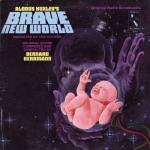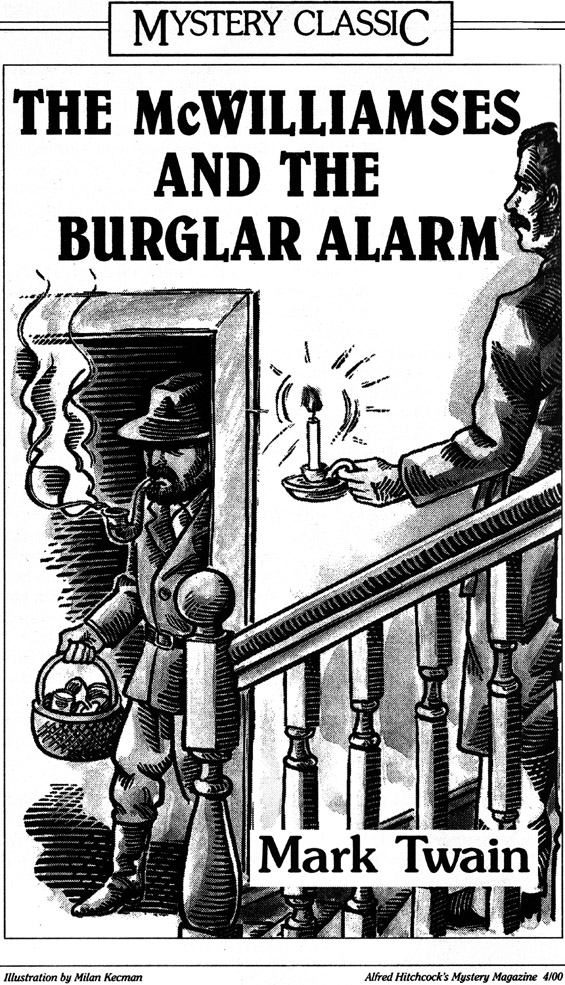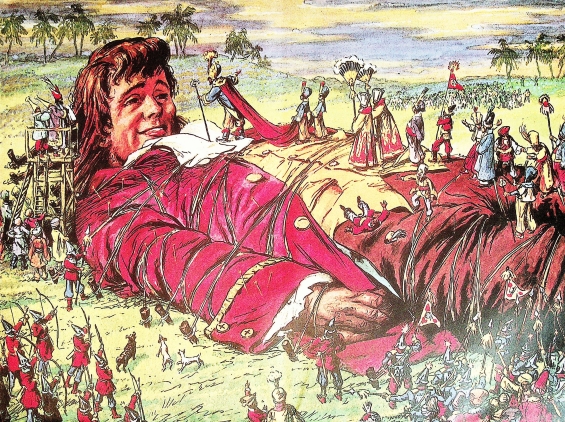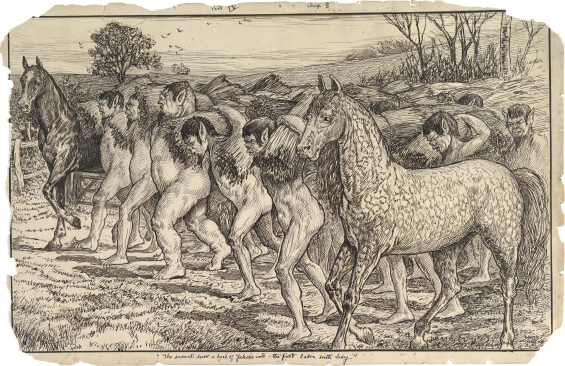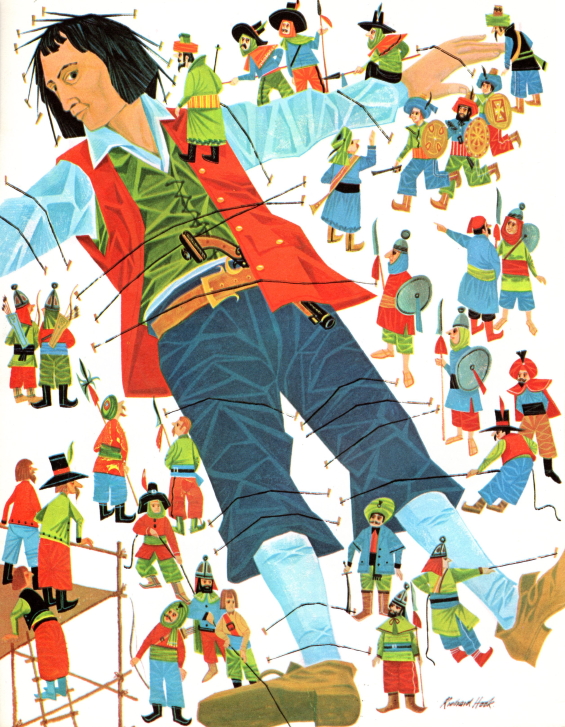
 The SFFaudio Podcast #144 – Jesse, Tamahome and Gregg Margarite talk about the audiobook of Robert Sheckley’s 1959 novel Immortality, Inc..
The SFFaudio Podcast #144 – Jesse, Tamahome and Gregg Margarite talk about the audiobook of Robert Sheckley’s 1959 novel Immortality, Inc..
Talked about on today’s show:
Time Killer was nominated for a Hugo, the Blackstone Audio audiobook, Sheckley’s family of themes, a collage of images, Immortality, Inc. is a comedy, Bronson Pinchot’s narration, Peter Lorre, Midnight Cowboy, “those are real tears”, a cartoon, Buddhism, reincarnation, the yoga machine, “manipulation catches up to theory”, surviving beyond death, Futurama, suicide booths, New New York, Douglas Adams, Matt Groening, zombies, are we chicking or egging, Mindswap by Robert Sheckley (SFFaudio Podcast #076), Richard K. Morgan’s Altered Carbon, “you are not…”, are you your memories?, hundreds of trillions of assumptions, “why did communism fail?”, Tam knits, sweet sweet coffee, Harrison Bergeron, we need the CPU as well as the memory, Gregg would still be Gregg in another body, a body as an automobile for genes, aren’t skills a part of your mind, your memories?, bayoneting skills, Gregg wants longer pinkies, dynamic finger growth is optimal, episodic, the hunt, have the lawyer leave the room, “what if there is nothing more?”, this is a book about death, ghosts, walking through all the explanation for what happens after they die, tomb like an Egyptian, sane ghosts vs. nutjob ghosts, “the competition never ends”, “different dimension, same shit”, “transplant”, a black-market copy of a sensory recording of our hero’s story, interest in the twentieth century is waning, 1950s New York, Jesse has never been to New York, security theater, Gregg promises to take Jesse to New York, a private Winnebago?, the suspension of habeas corpus, Canada is a country that doesn’t work in theory (but works in practice), the United States as a utopian experiment, Australia has mandatory voting, Mayberry, “the right to die”, death is exactly like before you were born, you can only look forward to death, Mark Twain, death is just one damn thing after another, What Dreams May Come by Richard Matheson, Dante’s Inferno, does love conquer all?, Cinderella, happily ever after, arguments that get all of us killed, Pakistan vs. India, tribalism, Ghandi vs. Jinnah, “the enemies of progress”, China, Buddhism, Confucianism, Shinto, ancestor worship, Khmer mythology, Hanuman the monkey king, “reality is only inside you”, are most people half-believers?, Sheckley doesn’t pick one way, did the serialization inform the storytelling, The Status Civilization, Sheckley looks at the world and laughs, there’s no thesis Sheckley is trying to explicate, Sheckley is “a sane Phil Dick”, horror vs. humor, Freejack is a loose adaptation of Immortality, Inc., Emilio Estevez and Mick Jagger, the role of the reader, the magic of radio (drama), The World According To Garp (film vs. novel), converting the nonconvertible, a romantic relationship, Aristotle’s Poetics, plot should follow necessarily (or at least probably) from that which came before, Accessory Before The Fact by Algernon Blackwood, “it all happens at the same time”, flat characters vs. round characters, do we live in a serial world?, if Hamlet was a television series, Gilgamesh still works, Star Trek, Gene Roddenberry vs. J.J. Abrams, an anthologic approach, Babylon 5 as the counter-example, Neil Gaiman, J. Michael Straczynski, Doctor Who, the vehicle of the series, will the dancing toilet paper company care?, Gregg: “I’m no longer god”














Posted by Jesse Willis


 The CBS Radio Workshop was an experimental dramatic radio anthology series that aired on CBS radio from January 1956, until September 1957. Subtitled “radio’s distinguished series to man’s imagination,” it was a revival of the earlier Columbia Workshop, broadcast by CBS from 1936 to 1943, and it used some of the same writers and directors employed on the earlier series. Its first two episodes were a two-part adaptation of Aldous Huxley’s dystopian stunner Brave New World. It has some strong claims to being the definite adaptation as it is both introduced and narrated by Aldous Huxley himself. Here’s how Time magazine’s February 6, 1956 issue described it in their review:
The CBS Radio Workshop was an experimental dramatic radio anthology series that aired on CBS radio from January 1956, until September 1957. Subtitled “radio’s distinguished series to man’s imagination,” it was a revival of the earlier Columbia Workshop, broadcast by CBS from 1936 to 1943, and it used some of the same writers and directors employed on the earlier series. Its first two episodes were a two-part adaptation of Aldous Huxley’s dystopian stunner Brave New World. It has some strong claims to being the definite adaptation as it is both introduced and narrated by Aldous Huxley himself. Here’s how Time magazine’s February 6, 1956 issue described it in their review: